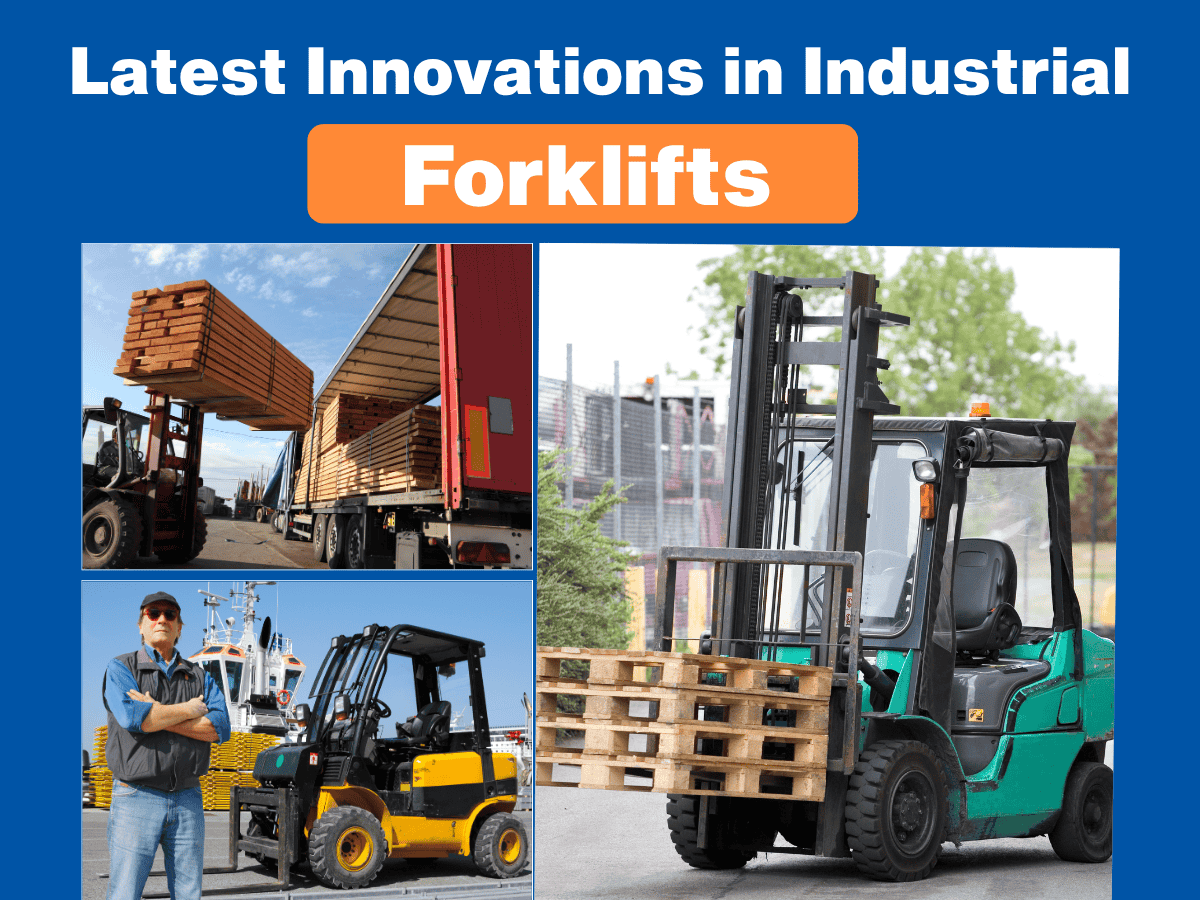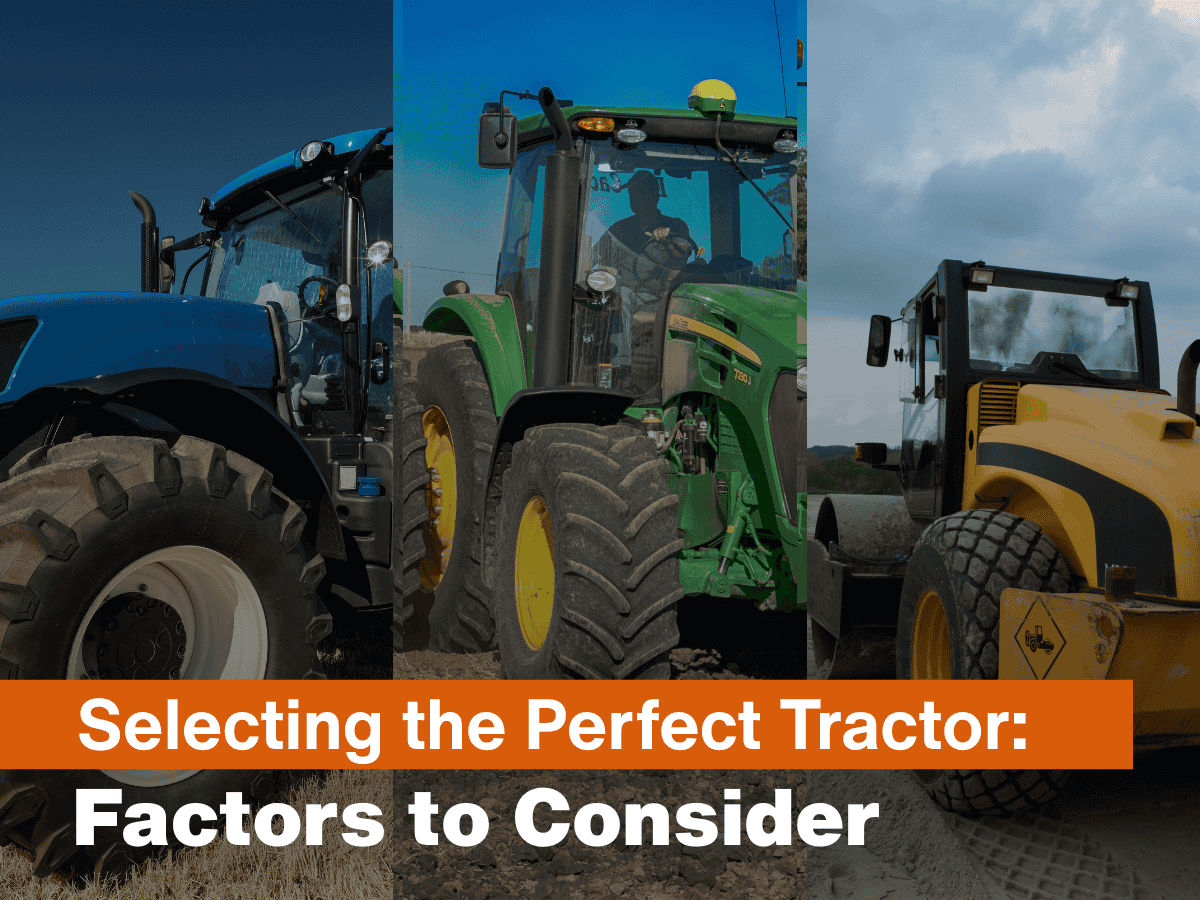ceat-speciality:blogs-tags/all,ceat-speciality:blogs-tags/equipment
Rising Tractor Prices: What Farmers and Buyers Need to Know
Wed, 2 Jul 2025 | PRODUCTS
In recent years, UK farmers have faced a growing challenge: the rising cost of tractors. Once considered a predictable investment, tractor pricing has become increasingly volatile, driven by a complex mix of global economics, technological innovation, and shifting market dynamics. For buyers navigating this landscape, understanding the root causes and implications is essential to making informed decisions.
What’s Driving the Price Surge?
- Advanced Technology & Emissions Compliance
Modern tractors are no longer just mechanical workhorses. They’re sophisticated machines equipped with GPS guidance, telematics, and precision farming capabilities. While these features boost productivity and reduce input costs, they also come with a higher price tag. Compliance with Stage V emissions standards has further increased costs, especially for high-horsepower models, due to the integration of advanced exhaust treatment systems.
- Raw Material Inflation
Global disruptions, including the war in Ukraine and post-pandemic supply chain instability, have led to sharp increases in the cost of steel, rubber, and electronic components. Manufacturers initially absorbed some of these costs, but sustained inflation has forced price adjustments that are now being felt by end users.
- Supply Chain & Logistics Challenges
Tractor production relies on a vast network of suppliers across multiple countries. Semiconductor shortages, rising freight costs, and labour constraints have all contributed to delays and increased manufacturing expenses. These factors have pushed prices up even as demand remains strong.
- Customisation & Premium Features
Today’s tractors often include features once reserved for luxury vehicles like climate-controlled cabins, digital displays, and even infotainment systems. While these additions improve operator comfort and safety, they also inflate the final cost. For specialised models, such as vineyard or fruit farm tractors, compact designs with high-spec components can be particularly expensive.
Impact on Farmers and Buyers
- Financial Pressure on Small and Medium Farms
For many UK farmers, especially those operating small or medium-sized farms, the rising cost of tractors presents a significant financial hurdle. With prices regularly exceeding £1,000 per horsepower, upgrading equipment can strain budgets and delay essential investments.
- Shift Toward Used Equipment
As new tractor prices climb, many buyers are turning to the second-hand market. While this can offer short-term savings, it may also mean compromising on fuel efficiency, emissions compliance, or access to newer technologies.
- Fragmented Buying Behaviour
Younger farmers, often more open to adopting tech-driven solutions, are finding the upfront costs prohibitive. Meanwhile, traditional buyers continue to prioritise reliability and after-sales support. This divergence has created a fragmented market where innovation risks becoming a privilege for larger operations.
- Resale Value & Brand Premiums
Established brands with strong dealer networks and reliable after-sales service continue to command higher prices. Buyers are often willing to pay more for tractors that retain value and offer dependable support, but this further widens the affordability gap.
What Can Buyers Do?
- Evaluate Total Cost of Ownership
Instead of focusing solely on upfront costs, consider long-term savings from fuel efficiency, reduced maintenance, and improved productivity. Features like CVT transmissions and precision farming tools may justify the investment over time.
- Explore Financing & Grants
Look into government schemes, agricultural loans, and dealer financing options. These can help spread costs and make high-spec models more accessible.
- Prioritise Essential Features
Not every tractor needs a premium cab or autonomous driving aids. Identify the features that directly impact your farm’s operations and avoid unnecessary extras that inflate costs.
- Consider CEAT Specialty Tyres for Cost Efficiency
While tractors are a major investment, tyres play a crucial role in performance and operating costs. CEAT Specialty’s agriculture tyres are engineered for durability, traction, and reduced soil compaction. We help farmers maximise efficiency across varied terrains. Choosing the right tyres can extend equipment life and improve ROI.
Looking Ahead
While the current pricing trend may feel discouraging, it reflects a broader shift toward smarter, more sustainable farming. As technology matures and supply chains stabilise, prices may eventually plateau. In the meantime, strategic planning and informed purchasing can help farmers adapt and thrive.
For UK buyers, the key is to stay informed, weigh long-term value, and choose partners who understand the unique demands of modern agriculture. At CEAT Specialty, we’re committed to supporting farmers with reliable, high-performance tyres that deliver value, season after season.



















